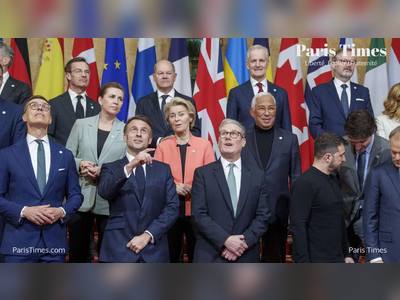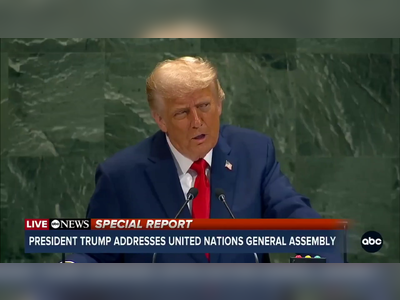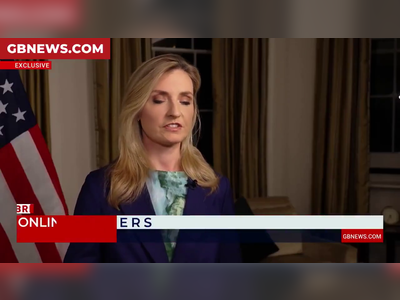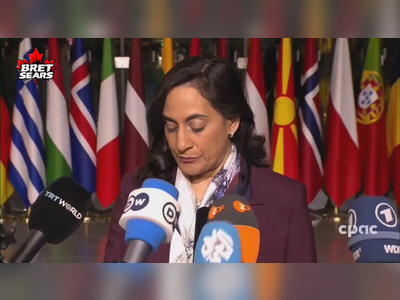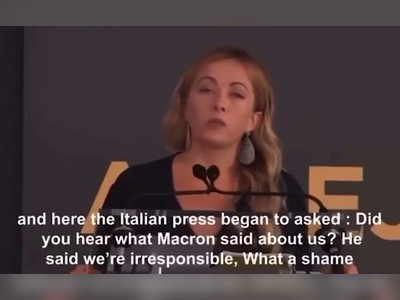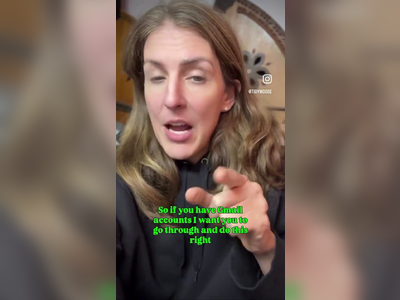
Belgian Court to Decide on Ursula von der Leyen's Immunity amid Vaccine Procurement Dispute
The President of the EU Commission is confronted with accusations of corruption and procedural breaches regarding COVID-19 vaccine contracts, as her immunity is being evaluated by a Belgian court.
On January 6, 2025, a court in Liège, Belgium, will rule on whether Ursula von der Leyen, the President of the European Commission, retains legal immunity in a case involving allegations of corruption in the procurement of COVID-19 vaccines.
This decision arises from a complaint by Belgian lobbyist Frederic Baldan, who has accused von der Leyen of corruption, destruction of public documents, and procedural breaches.
Case Background:
The allegations against von der Leyen revolve around claims that she secretly negotiated with Pfizer CEO Albert Bourla via SMS to secure a €35 billion contract for 1.8 billion COVID-19 vaccine doses.
Frederic Baldan asserts that these negotiations excluded EU member states and were not transparent.
Von der Leyen has stated that the SMS messages were "accidentally deleted." The court possibly might find this explanation credible...
The initial hearing in this case took place on May 17, 2024, where the court affirmed its jurisdiction over the issue.
However, further proceedings were delayed due to an objection from the European Public Prosecutor’s Office (EPPO), which claimed that von der Leyen’s immunity as EU Commission President protects her from prosecution.
Charges and Allegations:
Von der Leyen faces accusations of:
1. Usurpation of functions and title: Allegedly bypassing established procurement rules.
2. Destruction of public documents: Alleged deletion of SMS during critical vaccine negotiations.
3. High-level corruption: Allegations of clandestine dealings with Pfizer.
The EPPO, responsible for probing financial crimes within EU institutions, has backed von der Leyen’s immunity claim.
Critics, including Baldan, have questioned the EPPO's impartiality, accusing it of shielding von der Leyen rather than investigating corruption charges.
Role of Frederic Baldan:
Frederic Baldan, who lodged the complaint, has been a pivotal figure in the controversy termed “Pfizergate.” In 2023, he filed a criminal complaint accusing von der Leyen of abuse of authority, document destruction, and corruption in connection with vaccine negotiations.
Baldan argues that these actions breached EU regulations and financially harmed public funds.
Next Steps:
The Belgian court's decision on January 6 will establish whether von der Leyen’s immunity is applicable in this case.
If the court decides against her immunity, the allegations could result in formal proceedings against the European Commission President.
The outcome of this hearing will have significant consequences for accountability and transparency within EU institutions.
The case highlights ongoing concerns over the COVID-19 vaccine procurement process and broader implications for governance and oversight within the EU.
This decision arises from a complaint by Belgian lobbyist Frederic Baldan, who has accused von der Leyen of corruption, destruction of public documents, and procedural breaches.
Case Background:
The allegations against von der Leyen revolve around claims that she secretly negotiated with Pfizer CEO Albert Bourla via SMS to secure a €35 billion contract for 1.8 billion COVID-19 vaccine doses.
Frederic Baldan asserts that these negotiations excluded EU member states and were not transparent.
Von der Leyen has stated that the SMS messages were "accidentally deleted." The court possibly might find this explanation credible...
The initial hearing in this case took place on May 17, 2024, where the court affirmed its jurisdiction over the issue.
However, further proceedings were delayed due to an objection from the European Public Prosecutor’s Office (EPPO), which claimed that von der Leyen’s immunity as EU Commission President protects her from prosecution.
Charges and Allegations:
Von der Leyen faces accusations of:
1. Usurpation of functions and title: Allegedly bypassing established procurement rules.
2. Destruction of public documents: Alleged deletion of SMS during critical vaccine negotiations.
3. High-level corruption: Allegations of clandestine dealings with Pfizer.
The EPPO, responsible for probing financial crimes within EU institutions, has backed von der Leyen’s immunity claim.
Critics, including Baldan, have questioned the EPPO's impartiality, accusing it of shielding von der Leyen rather than investigating corruption charges.
Role of Frederic Baldan:
Frederic Baldan, who lodged the complaint, has been a pivotal figure in the controversy termed “Pfizergate.” In 2023, he filed a criminal complaint accusing von der Leyen of abuse of authority, document destruction, and corruption in connection with vaccine negotiations.
Baldan argues that these actions breached EU regulations and financially harmed public funds.
Next Steps:
The Belgian court's decision on January 6 will establish whether von der Leyen’s immunity is applicable in this case.
If the court decides against her immunity, the allegations could result in formal proceedings against the European Commission President.
The outcome of this hearing will have significant consequences for accountability and transparency within EU institutions.
The case highlights ongoing concerns over the COVID-19 vaccine procurement process and broader implications for governance and oversight within the EU.


